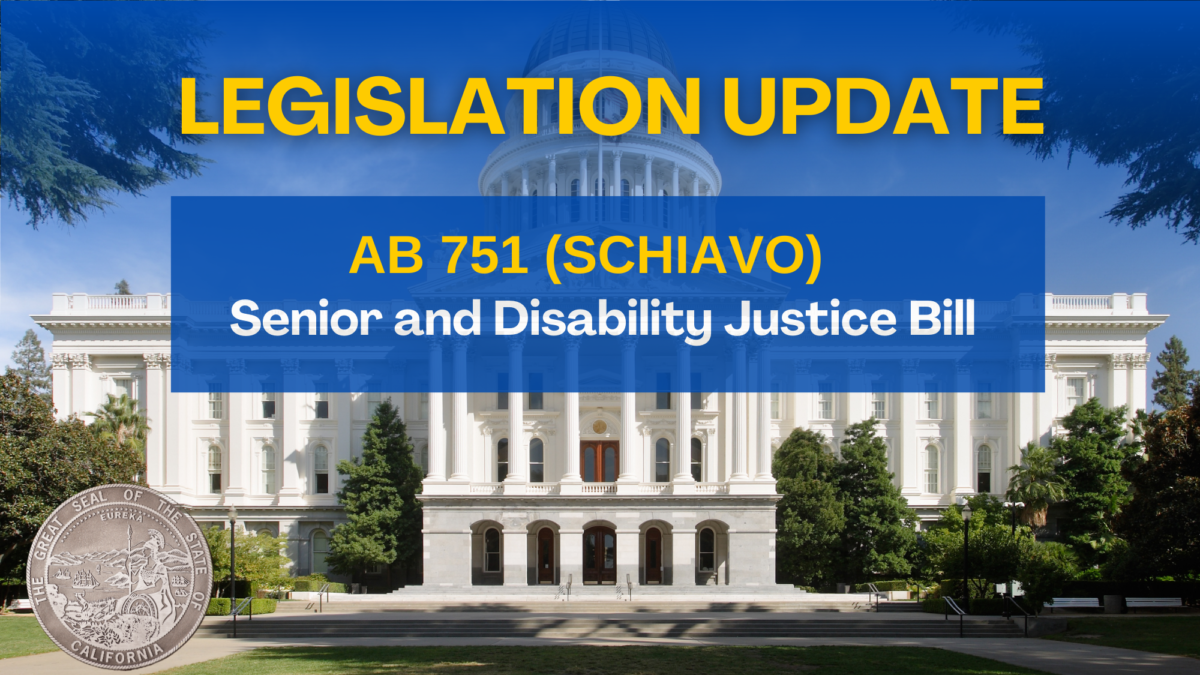By Greg deGiere, Civil Rights Advocate, The Arc of California
The U.S. Department of Justice’s Civil Rights Division has lost about half its attorneys and is expected to lose more as the U.S. Administration’s priorities change dramatically and federal budgets are cut drastically. California has two major agencies that may be able to fill the gaps in protecting civil rights of Californians, including children and adults with disabilities:
1) The Civil Rights Department’s Outreach and Education Unit
This agency reaches out to communities across the state to empower Californians with knowledge about their rights and responsibilities under civil rights law. From trainings and community events, to coloring pages for kids and fact sheets, its resources and initiatives are designed to resonate with the diverse communities it serves.
2) The California Department of Justice’s Office of Community Response and Engagement (CARE)
CARE works directly with community organizations, state and local elected officials, and members of the public to help ensure the inclusion of diverse perspectives in the state’s work. Specifically, CARE focuses on cultivating relationships with historically marginalized and underrepresented communities in line with DOJ’s commitment to diversity, equity, and inclusion in all aspects of its work on behalf of the people of California, including in the fight for environmental, economic, and social justice.
DOJ, CARE seems to be responsive to the needs of all Californians, including the DOJ’s Office of Native American Affairs, which is dedicated to ensuring California’s indigenous communities are supported.


